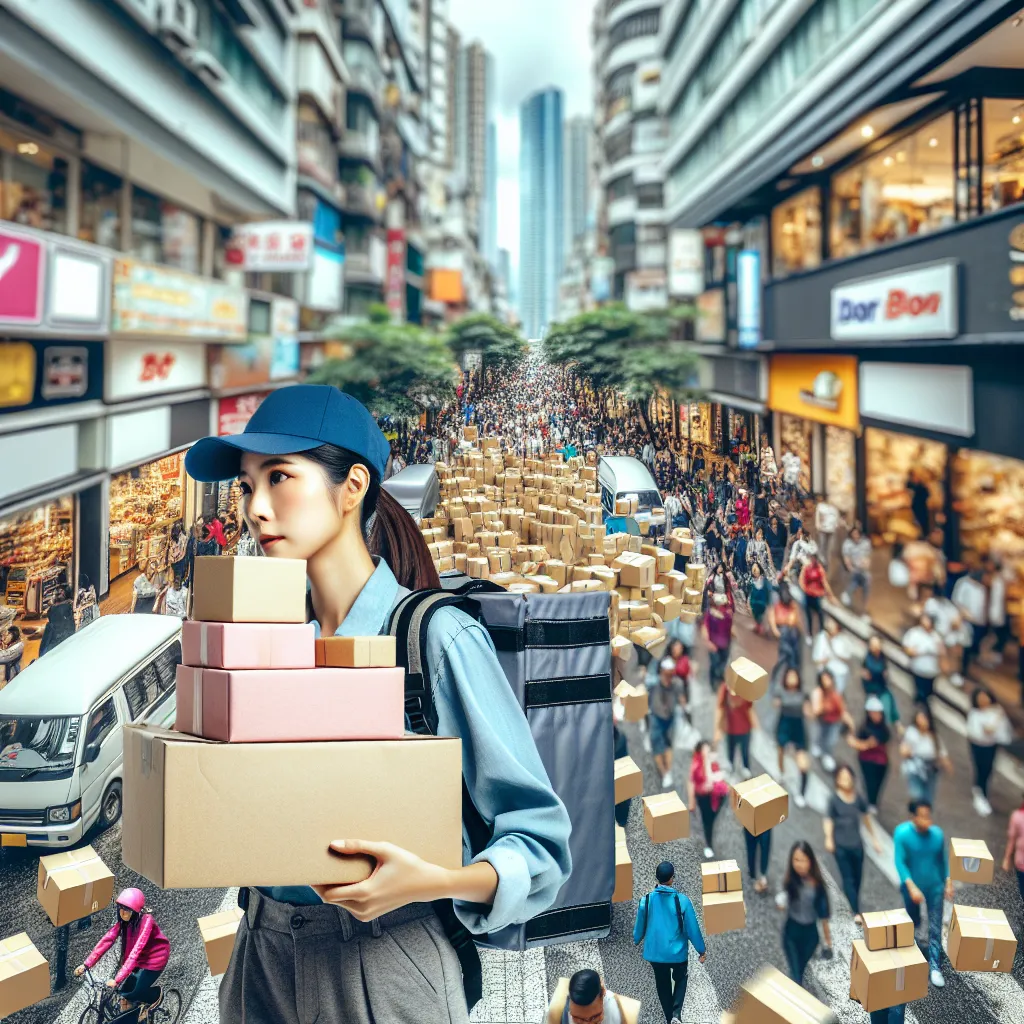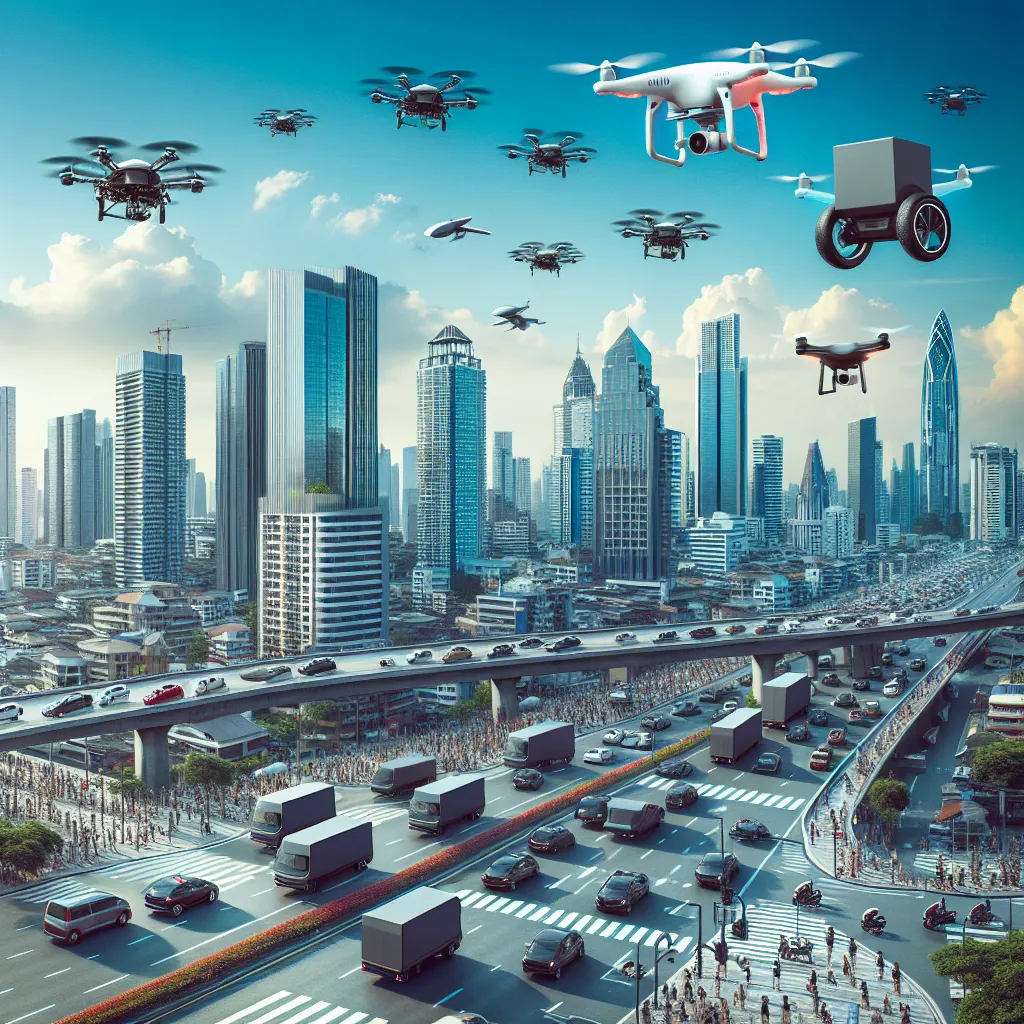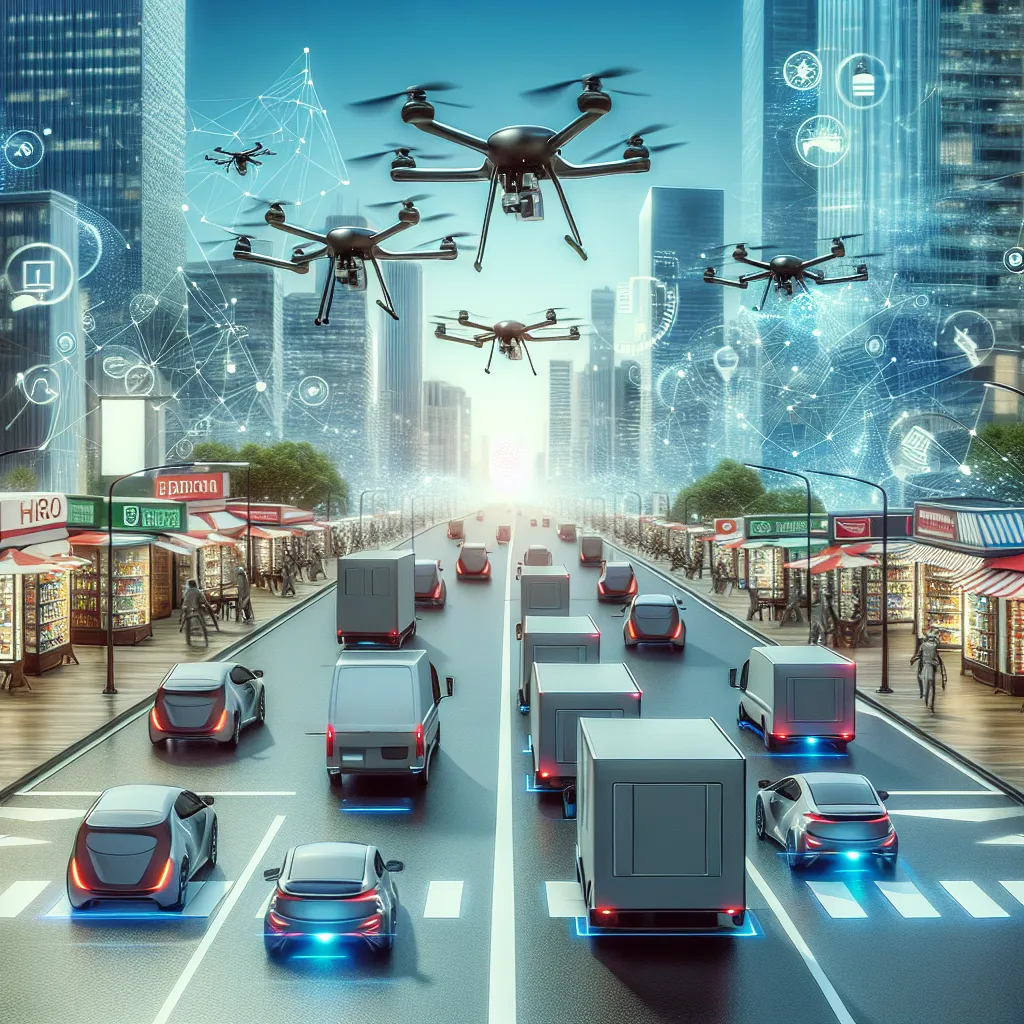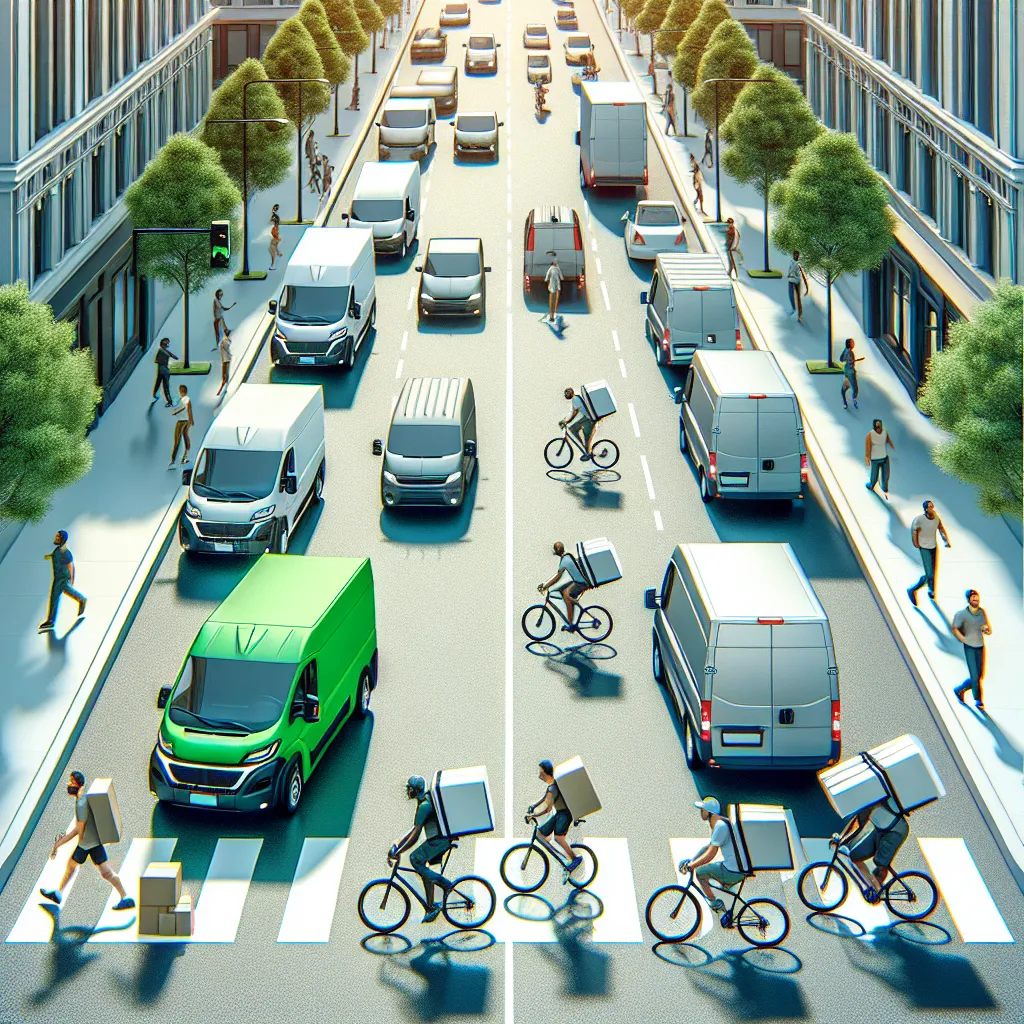The Rise of E-commerce and Last-Mile Delivery Challenges
The rise of e-commerce has had a significant impact on last-mile delivery services, presenting both opportunities and challenges for logistics companies. With the increasing popularity of online shopping, the demand for efficient and reliable last-mile delivery has skyrocketed. This trend has been further accelerated by the global COVID-19 pandemic, which has led to a surge in online orders and the need for contactless delivery options.
One of the key challenges facing last-mile delivery services in the e-commerce era is the need to meet the growing expectations of consumers for fast and convenient delivery. Customers now expect shorter delivery windows, real-time tracking, and flexible delivery options, which has put pressure on logistics companies to optimize their operations and invest in advanced technology to meet these demands.
Furthermore, the increase in urbanization has led to higher population densities in cities, resulting in greater delivery volumes and traffic congestion. This has made it more challenging for last-mile delivery providers to navigate complex urban environments and deliver packages on time. Additionally, the environmental impact of the growing number of delivery vehicles on the roads has raised concerns about carbon emissions and sustainability.
In response to these challenges, logistics companies are exploring innovative solutions such as route optimization software, autonomous delivery vehicles, and alternative delivery methods like drones and lockers. These technological advancements have the potential to streamline last-mile delivery operations, reduce costs, and minimize the environmental footprint of e-commerce logistics.
In conclusion, the exponential growth of e-commerce has significantly transformed the last-mile delivery landscape, presenting a range of challenges for logistics companies. However, with the right strategies and investments in technology, last-mile delivery services can adapt to the evolving demands of e-commerce and continue to play a crucial role in the modern supply chain.
Innovations in Last-Mile Delivery Services in the E-commerce Era
Innovations in last-mile delivery services have become increasingly crucial in the e-commerce era, as the rapid growth of online shopping has placed a significant strain on traditional delivery methods. With the rise of e-commerce, businesses are seeking innovative ways to improve the efficiency and effectiveness of last-mile delivery to meet the growing demand for fast and reliable shipping.
One of the key innovations in last-mile delivery services is the implementation of advanced route optimization technologies. Companies are leveraging data analytics and machine learning algorithms to optimize delivery routes in real-time, minimizing delivery times and reducing fuel consumption. By utilizing these technologies, companies can achieve greater cost efficiency while meeting the increasing customer expectations for fast and accurate deliveries.
Furthermore, the e-commerce era has seen a rise in the adoption of alternative delivery methods such as autonomous delivery vehicles and drones. These innovative technologies have the potential to revolutionize last-mile delivery by providing faster and more flexible delivery options, especially in urban areas where traditional delivery vehicles may face congestion and accessibility challenges.
In addition to technological advancements, companies are also focusing on enhancing customer convenience and flexibility through innovative delivery options. This includes the introduction of same-day delivery, time-specific delivery windows, and in-transit delivery rerouting capabilities. These initiatives aim to provide customers with greater control over their delivery experience, ultimately improving customer satisfaction and loyalty.
In conclusion, the e-commerce era has catalyzed significant innovations in last-mile delivery services, driven by the need to meet the evolving demands of online consumers. By integrating advanced technologies, exploring alternative delivery methods, and prioritizing customer-centric solutions, businesses are reshaping the last-mile delivery landscape to ensure a seamless and efficient delivery experience in the digital age.
Balancing Customer Expectations and Sustainability in Last-Mile E-commerce Delivery
The Impact of E-commerce on Last-Mile Delivery Services: Balancing Customer Expectations and Sustainability
The surge in e-commerce has significantly transformed the last-mile delivery landscape. As customer expectations continue to evolve, there is a growing need to balance these expectations with sustainable last-mile e-commerce delivery practices. Today, customers not only expect fast and reliable deliveries but also demand eco-friendly and sustainable approaches. This presents a challenge for e-commerce businesses to meet these expectations while minimizing their environmental footprint.
To achieve this balance, e-commerce companies are increasingly investing in innovative delivery solutions. One approach involves optimizing delivery routes and employing advanced logistics technologies to reduce carbon emissions and fuel consumption. By leveraging data analytics and route optimization algorithms, companies can streamline their last-mile delivery processes, resulting in fewer delivery vehicles on the road and reduced environmental impact.
Moreover, the adoption of electric vehicles and alternative fuel sources is gaining traction in the e-commerce sector. Electric delivery vans and cargo bikes are becoming increasingly prevalent, offering zero-emission delivery options for urban areas. This not only aligns with customer expectations for sustainable practices but also contributes to improved air quality and reduced noise pollution in densely populated regions.
In addition to the environmental benefits, sustainable last-mile delivery practices can also lead to cost savings for e-commerce businesses in the long run. By optimizing delivery routes, reducing fuel consumption, and embracing eco-friendly vehicles, companies can lower their operational expenses while enhancing their brand image as environmentally responsible entities.
In conclusion, the impact of e-commerce on last-mile delivery services necessitates a careful balance between meeting customer expectations and adopting sustainable delivery practices. By implementing advanced logistics technologies, embracing eco-friendly vehicles, and optimizing delivery processes, e-commerce businesses can effectively navigate this balance, meeting the evolving demands of customers while contributing to a more sustainable future.




